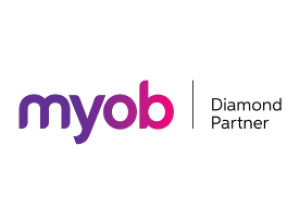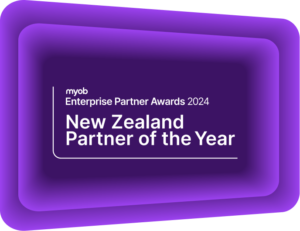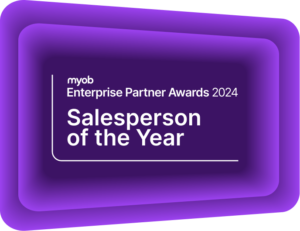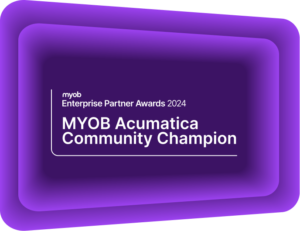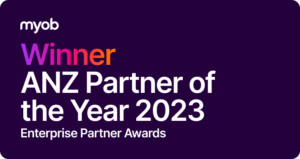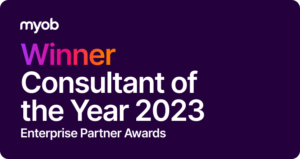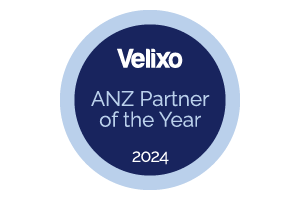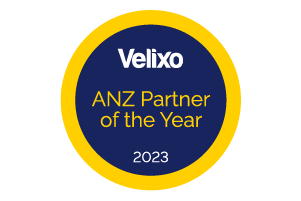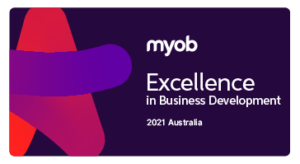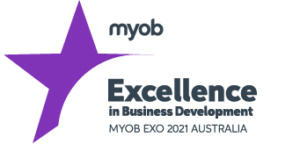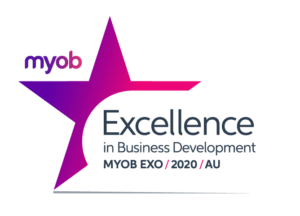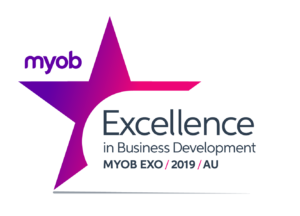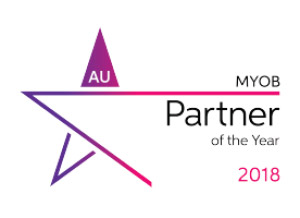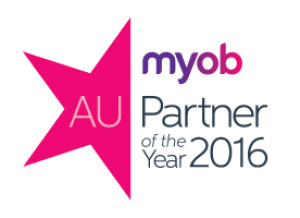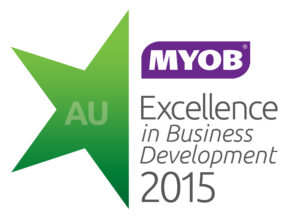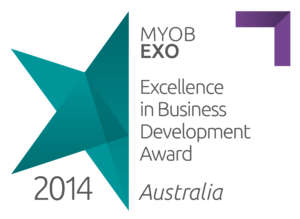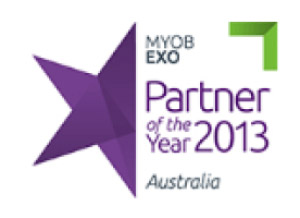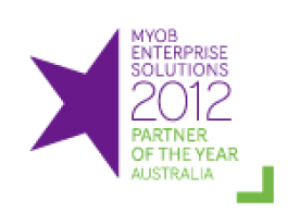Are you tired of costly on-premise server maintenance?
Move your data to the cloud to reduce your server maintenance expensesOn-premise servers are an important building block for your organisation’s software success. They provide control, data sovereignty, and autonomy to let you run your business your way. However, the requirement to constantly maintain your on-premise server can be costly in the long-term. This can turn what was initially a well-priced solution, into a financial liability.
Why do businesses need servers?
Servers are the cornerstone of IT infrastructure. They are an in-house storage solution, combined with a hub to run local networks and technology solutions.
Once businesses reach a certain size, they invest heavily in setting up server rooms, complete with cooling systems, backup power supplies, and extensive cabling. This local management of your data and applications ensures you have direct access and control over your systems.
Server technology continues to advance and become more efficient to the development of offsite servers hosted in the cloud. However, many businesses still operate on-premise servers due to legacy systems, specific regulatory requirements, or perceived security benefits. Despite this, the limitations of on-premise servers have become increasingly apparent, especially in the face of modern business demands and technological advancements.
The good and bad of on-premise servers
Managing an on-premise server requires ongoing oversight of the following factors:
- The server hardware,
- A server operating system, such as Microsoft Small Business Server,
- A database software component, like Microsoft SQL,
- Power and running costs of the server room,
- Updates and backups to the systems and data held on your server,
- Maintaining anti-virus protection.
- Maintaining security and access permissions
These areas of oversight require additional resources for you to manage appropriately. The cost of which is typically justified for companies who require deep integration with other on-premise or cloud-based systems, struggle with a poor internet connection, or have very specific functional requirements. Organisations that have security concerns hosting their data in the cloud also rationalise on-premise servers as their operating medium choice.
Downsides of on-premise servers
Maintaining on-premise servers comes with notable downsides compared to the cloud:
- Capital costs – on-premise servers have a fixed lifespan and must be fully replaced at the end of their lifecycle. It is a significant capital expenditure to replace your on-premise servers,
- Scalability – if you reach operating capacity in your current server stack then you need to purchase additional resources, further exacerbating the capital requirements,
- Maintenance and management – on-premise servers require updates, potentially repairs, and security patches all of which require time and resourcing,
- Reliability – when you manage servers in-house you are solely responsible for their reliability and performance including backups and disaster recovery,
- Accessibility – on-premise servers require direct access usually on-site. Virtual Private Networks (VPNs) and remote desktops allow access offsite, but are not as reliable or fast as inhouse access,
Future-proof your organisation in the cloud
MYOB Exo is a customisable, reliable, and efficient server-based ERP that can fully integrate your financial and business management data. The software has been deployed in over 3000 mid-tier organisations across Australia and New Zealand, and they have benefitted from the typically lower cost to implement compared to other mid-market ERP packages.
Cloud solutions to replace on-premise servers
Internet connections and cloud-security are becoming increasingly robust; many businesses are no longer needed to run an on-premise server. Moving data to the cloud saves costs in the long term, not only by freeing up the capital investment spent on building and maintaining a local server, but removing the risks of server downtime, and long-term system maintenance. If you are within 12 months of purchasing a new server, talk to us about how to move your data into a hosted cloud environment.
There are a variety of alternative options to on premise servers, most of which fall into two distinct categories: moving your existing on-premise servers into the cloud or upgrading to cloud-based ERP software. The allure of scalability, cost-effectiveness, and collaborative possibilities make cloud-based business management platforms an attractive investment for organisations looking to improve efficiency.
MYOB Acumatica (formerly MYOB Advanced)
MYOB Acumatica (formerly MYOB Advanced) is a powerful mid-market ERP system, based in the cloud as a fully SaaS solution. It can give your business access to your data anywhere, anytime without the costs of server maintenance. Your data is stored and managed securely in Australia by Amazon Web Services (AWS). MYOB Acumatica is a configurable solution, built from modules centred around the core Finance function. Depending on your organisation’s requirements, MYOB Acumatica has integrated functionality to support your 6 key workflows:
- Accounting and Tax
- Finance
- Employees
- Supply Chain
- Payroll and HR, and
- Customers
MYOB Acumatica has a robust API that allows integration with many different Connected Services. Allowing the two-way flow of information lets your business operate with a single source of truth for your data. This flexibility and accessibility come together in a convenient monthly subscription, rather than the inconsistent financial and labour costs that come with maintaining an on-premise server.

MYOB Acumatica Information Pack eBook
Download nowMYOB Exo in the cloud (ExoHosted)
ExoHosted is a complementary option for MYOB Exo. It gives you flexible access to your MYOB Exo database in the cloud, without needing to implement a new ERP. Your data is migrated onto an offsite, hosted server location and can be securely accessed through a web browser. This is a good option for those who still require the specific fit and function of MYOB Exo, where upgrading to MYOB Acumatica may be inappropriate given your business’ needs at this time.
Safety and compliance manufacturer Capabilities Resources welcomed the on the go access and monetary savings achieved by moving their database into the cloud with ExoHosted.
Deploying ExoHosted is fast and significantly cheaper than investing in new on-premise servers.
A structured plan for your ERP Future
The Kilimanjaro Consulting team is your trusted cloud ERP migration guide for when you are ready for the next stage in your technology journey. To help target, plan, and navigate the years ahead, we now offer a structured 3-year ERP migration pathway. This pathway puts you in control of when you migrate, while introducing the cash flow benefits of monthly subscriptions, special access to MYOB Acumatica, and phased implementations.
Why this is the smart choice for your business:
- Migrate to the cloud at your own pace at any point during the 3-year plan
- Monthly MYOB Exo licence billing instead of annual (we will credit the unused value from your ALF already paid),
- Get tailored demonstrations of MYOB Acumatica and expert guidance to jointly evaluate how it meets your requirements,
- Have certainty of MYOB Exo licence prices until you migrate to MYOB Acumatica,
- Additional MYOB Exo licences at no extra charge (after the first 60 days),
- Flexible implementation services for your migration to MYOB Acumatica, including phased rollouts for better cash flow.
This pathway is a low-risk, manageable, and tailored approach to your cloud migration. Talk to your Account Manager about your next steps and how to take advantage of this special offer.
How can software solutions improve real businesses?
The Arcadia Corporation successfully transitioned into the cloud and achieved a single, efficient platform from which they now manage Accounts, Inventory Management and CRM. Moving from MYOB Exo to MYOB Acumatica improved functionality and provided end-to-end management of its products. Additionally, integrations with their core business management system enhanced visibility and simplified reporting for the finance and sales teams. They now enjoy the anytime, anywhere accessibility of their new cloud ERP.
Learn more about the real benefits of moving your organisation into the cloud by reading the case study here.
If you want to learn more or are ready to move to the cloud, our friendly team can help you. Email sales@kilimanjaro-consulting.com or call us on 1300 857 464 (AU) or 0800 436 774 (NZ).

